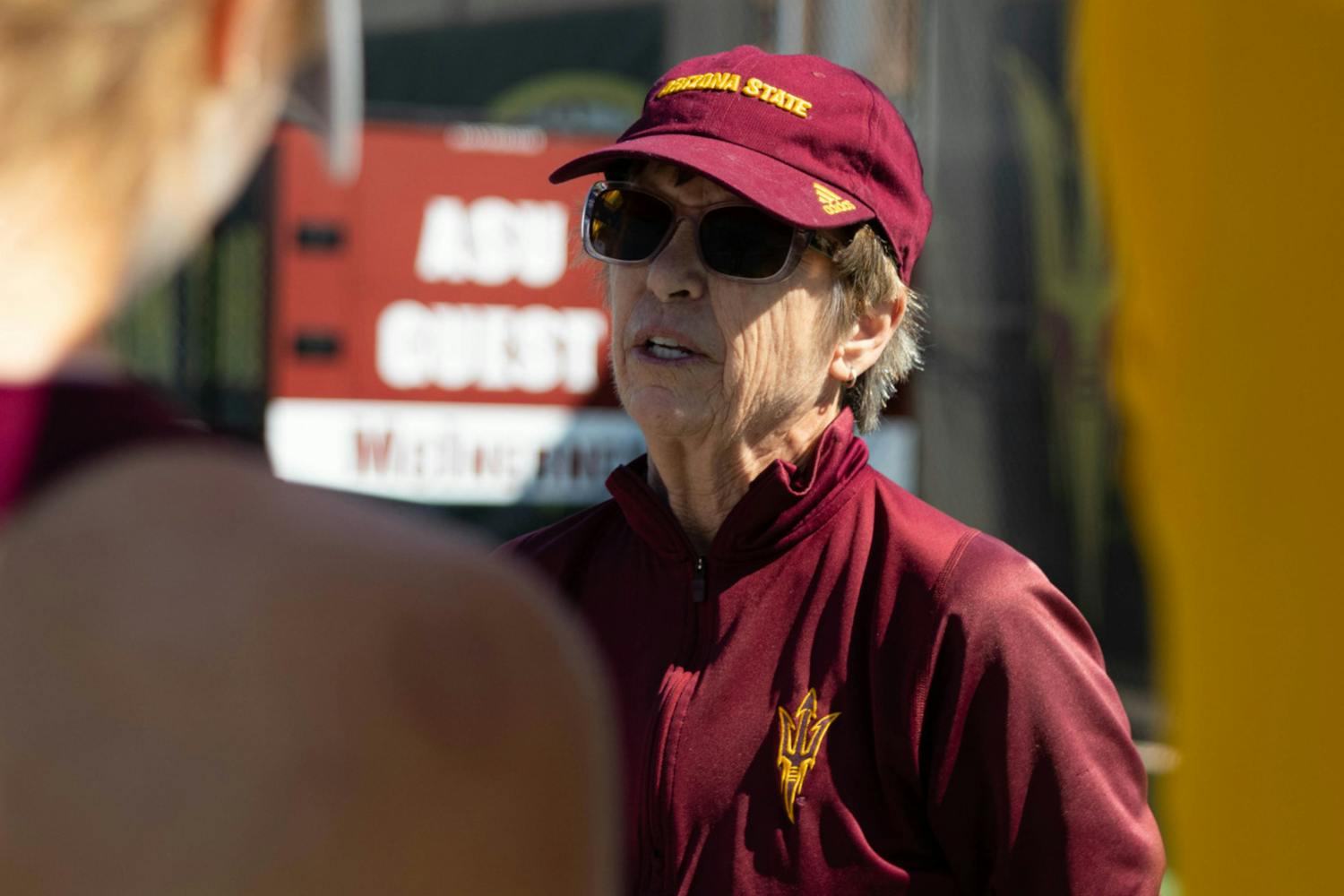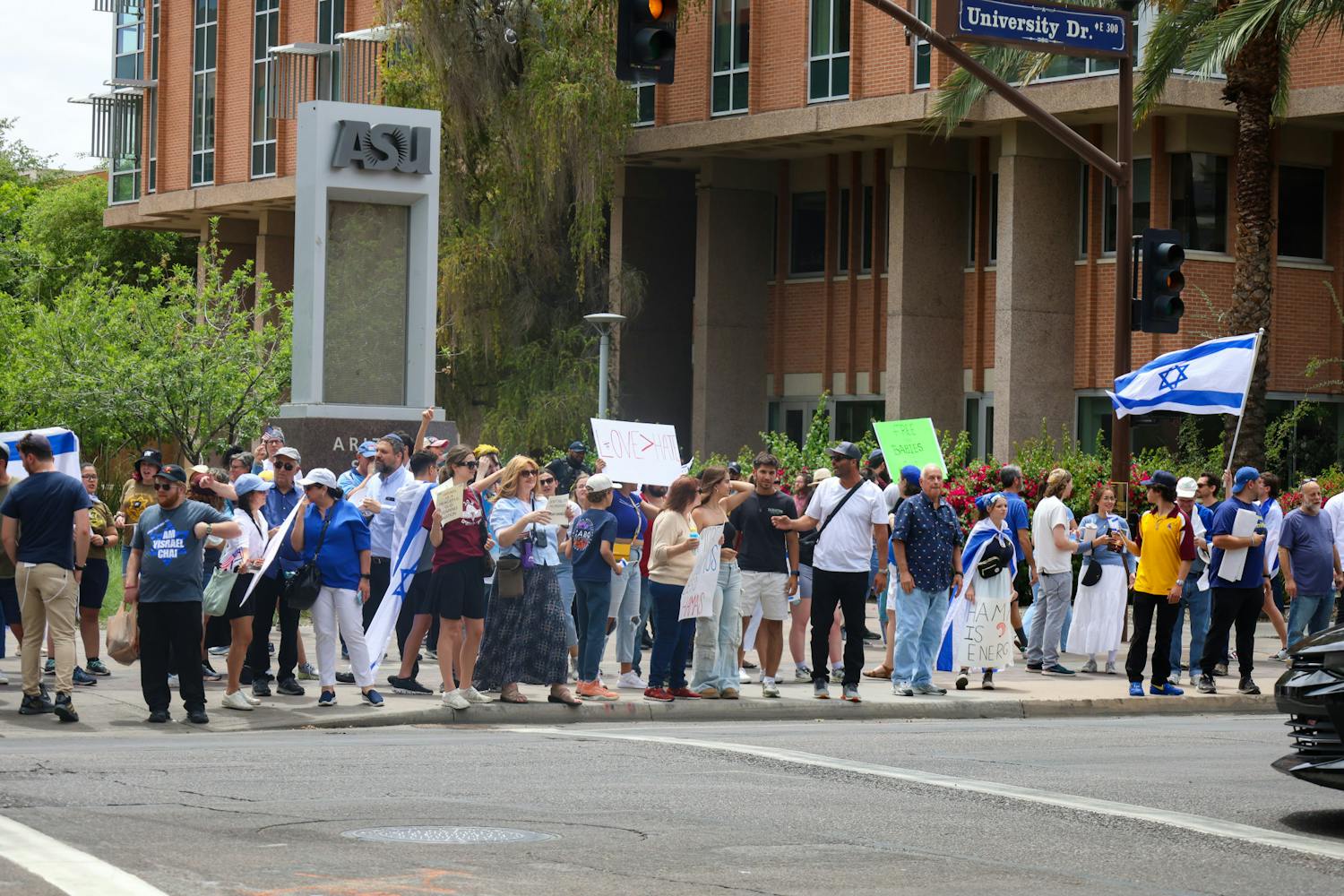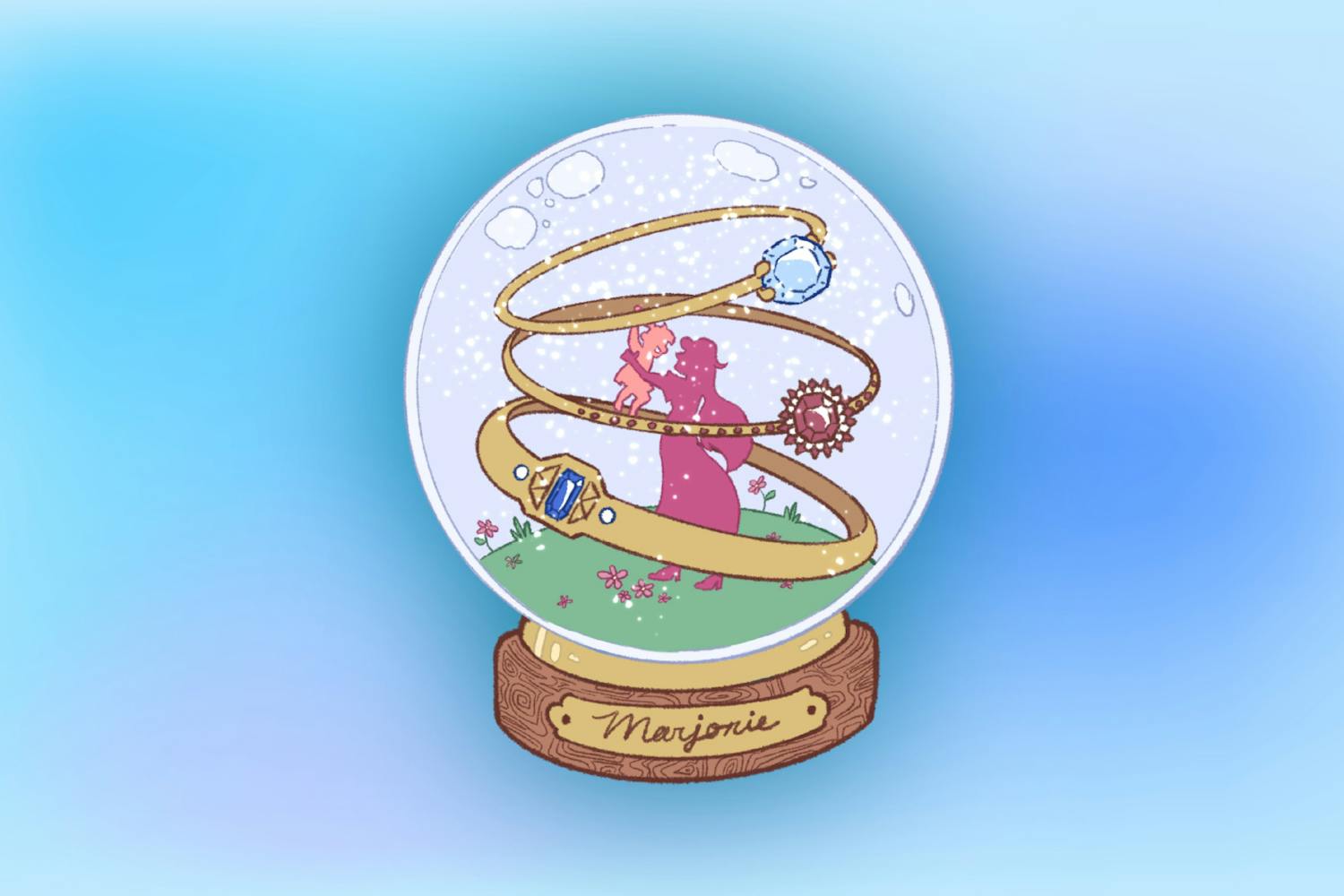Alex Alvarez, criminology and criminal justice professor at NAU, told a room full of students that genocide is not inevitable but still possible.
He spoke as part of the Institute for Humanities Research cluster on comparative genocide Wednesday on the Tempe campus.
Alvarez said genocide has been the hallmark of his research for a long time.
“I’ve been studying violence for well over 20 years,” he said. “My therapist tells me that hopefully I’ll be better as soon as I stop studying something so depressing and grim.”
The motivation behind Alvarez’s presentation was to trace types of conflict, with a particular emphasis on genocide, to implications of climate change.
Alvarez said the discussion was meant to be speculative but also grounded in what history teaches about states, boarders, conflict and crime related to genocide.
“I’m not trying to predict the future here,” he said. “But what I want to do is think about what we know about conflict and genocide and how there are certain kinds of conditions that may create certain risks and stresses.”
Alvarez started his lecture by discussing how hardly a week goes by without talking about climate change.
“Most of our attention has been around environmental effects,” he said.
He went on to say that the field of genocide studies has come a long way.
“We know a lot more about them,” he said. “They are not inevitable but are very contingent on a number of conditions that come together called genocidal impulse.”
Alvarez said genocides don’t just simply happen.
“They are usually state perpetrated, intentional, planned, organized and synthetic,” he said. “They are often perpetuated during wars and tend to rely on preexisting conditions. They are instrumental in orientation, means to an end.”
Alvarez referenced several genocides such as the Rwanda genocide and the Holocaust, which were both fueled by pre-existing issues and scapegoating. He said climate change is an example of pre-existing conditions and causes loss in resources, state instability and population migration and dislocation and boundary disputes.
“They can all multiply the effects of one another,” he said. “Border regions tend to be dangerous sources of these kind of pollutions and are where genocidal impulse can be unleashed.”
According to an article by the Scientific American, some experts call the genocide in Darfur the world’s first conflict caused by climate change.
“... The crisis was sparked, at least in part, by a decline in rainfall over the past 30 years just as the region's population doubled, pitting wandering pastoralists against settled farmers for newly scarce resources, such as arable land,” the article said.
Changes in climate can significantly diminish resources. Alvarez said early evidence of war was due to diminishing resources.
“Historically, violence has often accompanied the struggle for resources during time of struggle,” he said. “Places like Africa are at risk because of poverty, extreme climate and preexisting conditions.”
Although the West is considered to be in better standard, it is still at risk of conflict from climate change.
Alvarez referenced Hurricane Katrina and how violence ensued when there was lack of food and resources.
“The National Guard was given instructions to shoot to kill to prevent looting,” he said.
Alvarez ended the discussion saying it is important to begin thinking strategically to prevent these types of issues.
“Much of it depends upon choices we make as individuals and as societies,” he said. “Are these enough? Only time will tell.”
Volker Benkert, German language and history lecturer at ASU, helped bring the comparative genocide lectures to ASU.
“We got a small grant from the humanities school that enabled us to host these series of talks,” he said. “These occasions are centered around the Holocaust Museum being built in Chandler as they compare different genocides in history.”
Benkert introduced Alvarez to the audience.
“It’s always the sweetest and quietest people who study the most horrendous crimes,” he said.
History graduate student Brianna Theobald, who attended the event, said she had seen flyers about the lecture on campus and was interested in hearing what Alvarez had to say.
“I think that the big thing for me is how he said we should shift the way we think and talk about climate change,” she said. “It isn’t just an environmental issue but also a political and sociological issue.”
Reach the reporter at kgrega@asu.edu or follow her on twitter @kelciegrega



